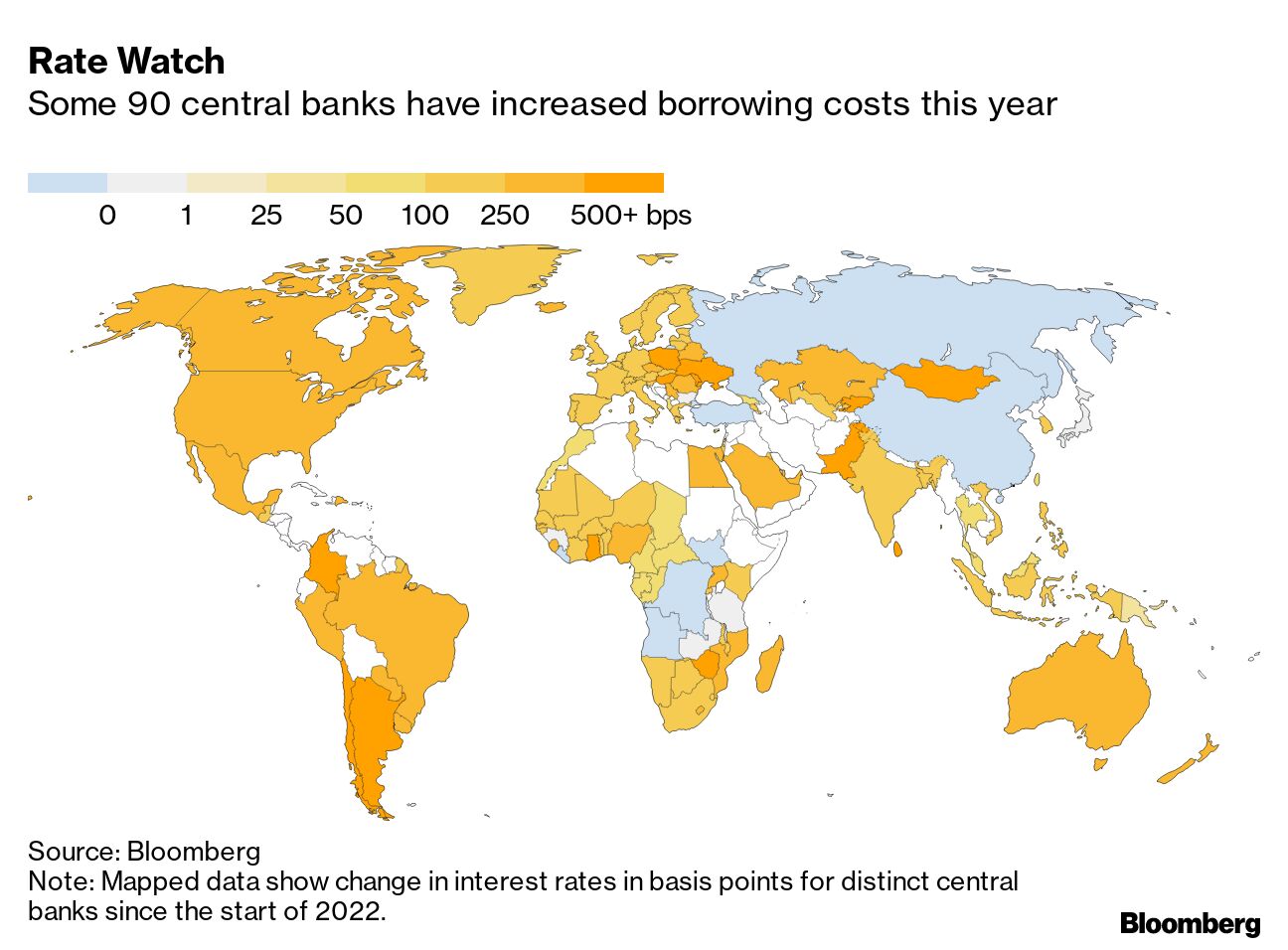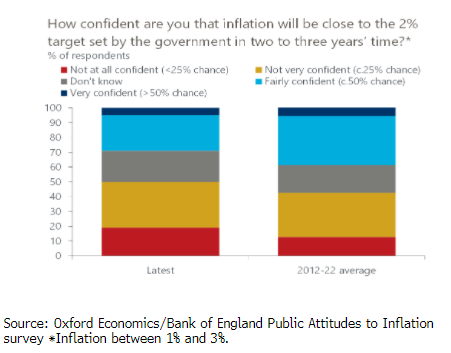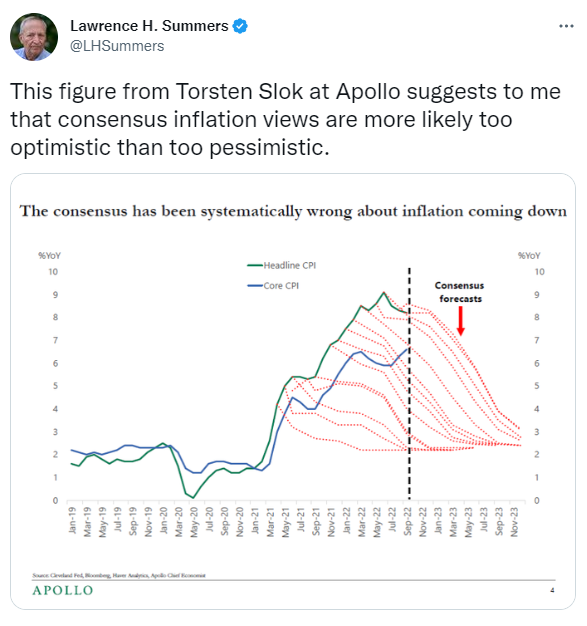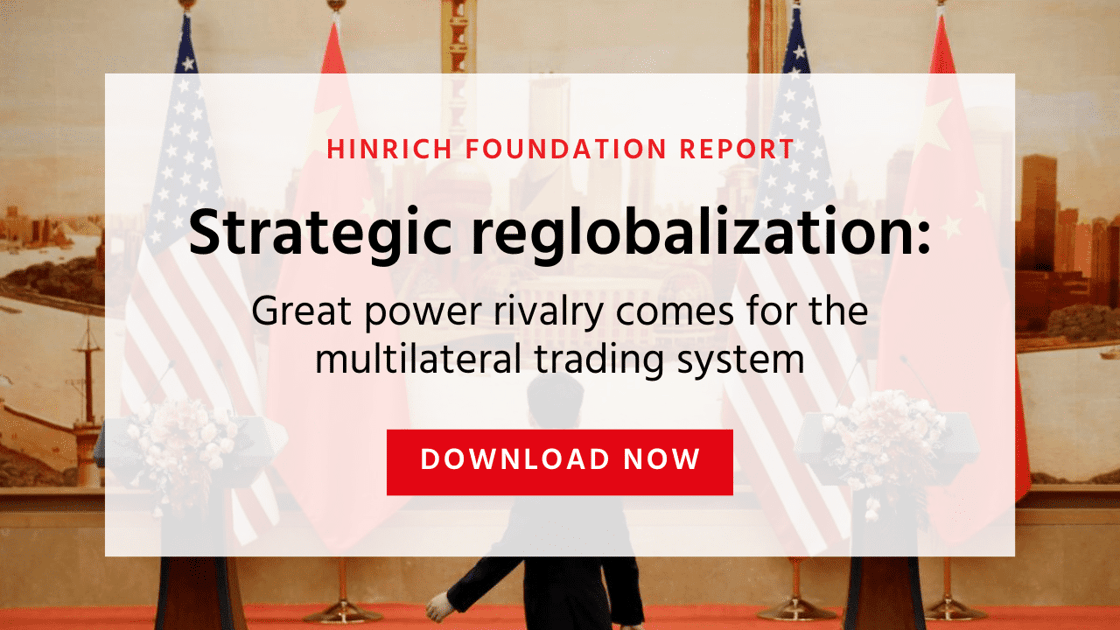what is new economics?
with thanks to Economistdiary.comad alumnisat.com from chris.macrae@yahoo.co.uk hod 390 at ed3dao.com
To alumni of Glasgow's Adam Smith new economics is very old - it audits trust and transparency and natural integrity of supply chain costs as eveywhere present to all deceision makers of a market and its production - that is any market whose deepest purpose sustains human development across generations out of every gps on earth- ironically von neumann peer gift of 100 times more tech per decade turned economics (mainly a philoshophy dialogue on advancing human good or some common sense (general theiry) pattern rules) into a number chasing game by a breed of americans who have never had the remotest love for deep community development - whilst I dont think the american numbers chasing economic school represents majorities of american peoples whetehr middle class or poor - its the dominant economic model that new economic mapping must redo and changeteacher must ground before the day after tomorrow if our species is to exist longer than the next numbers led newscast
here is a rather longwinded apology ? from bloomberg and mckinsey - apparently trust that was simple to smith is now very complex to renew
|
|||||||||||||||||
|
|||||||||||||||||
|
|||||||||||||||||
Tags:
Replies to This Discussion
-
Permalink Reply by chris macrae on October 26, 2022 at 7:37am
-
The two largest economies in the world have committed to courses of action that blatantly disregard the longstanding trade rules and principles, and systematically subordinated the system to their hegemonic priorities, Daniel Ikenson writes. China’s net zero targets mean trouble for its economic growth, Henry Storey says. Plus, Biden’s IPEF is a hard sell in Asia, notes Amitendu Palit, and our latest guide on how to break down UNCTAD’s World Investment Report 2022. Watch our second countdown video to the STI 2022 launch, and join Stewart Paterson at Chatham House.
NEW RESEARCH
Great power rivalry bedevils global trade

Daniel Ikenson
26 October 2022The rules-based multilateral trading system predicated on the principles of “most-favored nation” and “national treatment” no longer exist, writes Dan Ikenson, director of policy research at the think tank ndp | analytics. The two largest economies in the WTO have committed to courses of action that blatantly disregard these principles and systematically subordinate the trade rules to their hegemonic priorities. Read Ikenson’s new paper, the latest in a series of five installments, for a sweep through the last 30 years of globalization and, now, its breakdown.
China’s net zero dilemma

Henry Storey
26 October 2022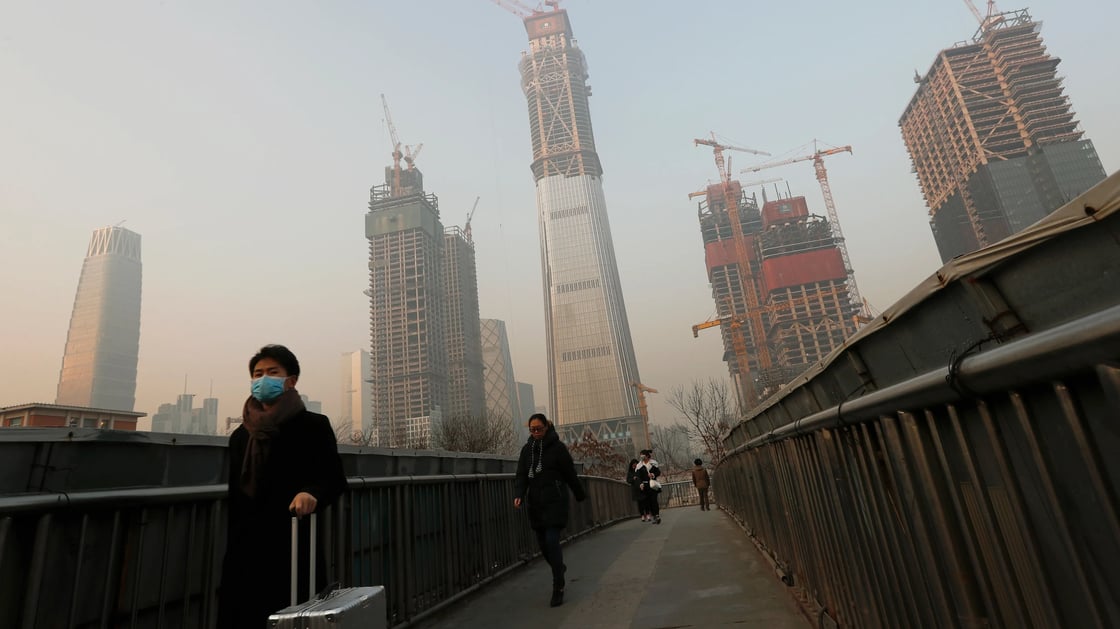
Looking at how Beijing is putting into motion a slew of development blueprints, one might think everything’s on track for its ambitious climate goals. But there’s just one problem, Dragoman risk consultancy’s Henry Storey writes: If China were to meet its net zero goals, it would mean a huge weight on the nation’s already faltering economic growth. This article explores themes in the Hinrich Foundation’s Sustainable Trade Index 2022, a ranking of 30 major economies to be published on November 8.
Biden brings IPEF to a chilly reception in Asia

Amitendu Palit
26 October 2022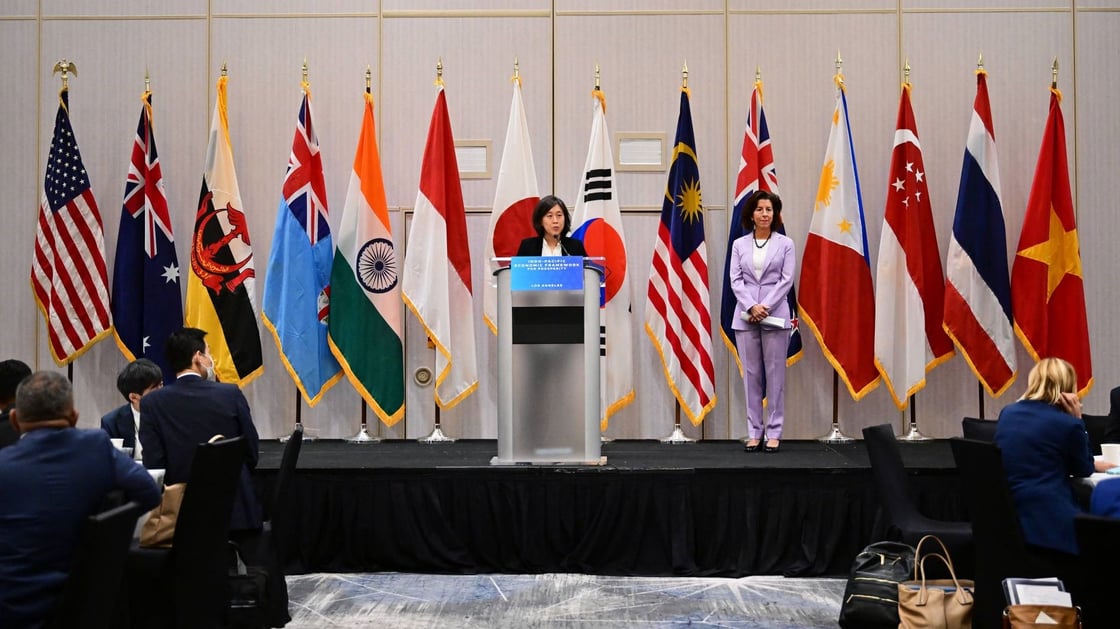
The progress of President Biden’s Indo-Pacific Economic Framework for Prosperity will encounter challenges. This is already evident from India – one of the largest economies in the group and a strategic partner of the US – opting out of negotiations on trade policy. Progress on the framework has won some level of ‘acceptance’ of these goals by members, but the IPEF still has a long way to go, Amitendu Palit at Singapore’s Institute of South Asian Studies writes.
-
Permalink Reply by chris macrae on October 26, 2022 at 7:37am
-
NEW 'HOW TO USE IT' GUIDE
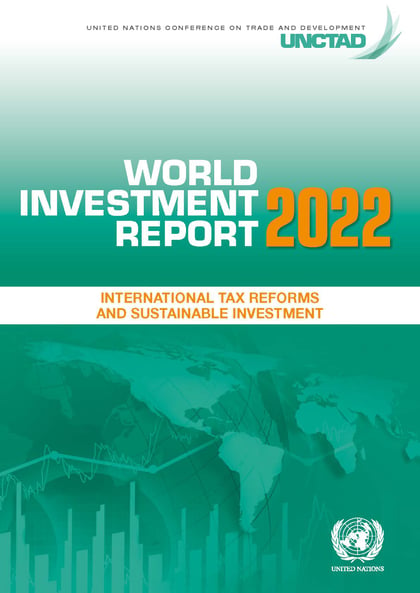
UNCTAD World Investment Report 2022
UNCTAD’s annual investment report tracks global and regional investment trends, helping policymakers understand how such flows and related rules are changing. The 2022 Report focuses on upcoming reforms to international taxation rules and incentives for foreign investment. Read our guide on how to understand and use this Report.
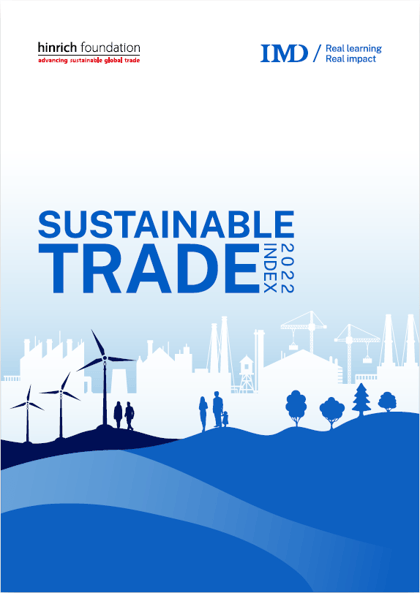
Launch of the Hinrich-IMD Sustainable Trade Index 2022
The Hinrich Foundation will soon be releasing its fourth Sustainable Trade Index (STI). This iteration is produced in partnership with IMD World Competitiveness Center, and seeks to analyze the factors that affect the sustainability of trade in a rapidly shifting international order for 30 economies. IMD's Christos Cabolis explains our approach in a new countdown video. Also, join us at the official launch on Nov 9 for a discussion on the key findings and their policy implications.
REGISTER NOW
Chatham House Global Trade Conference 2022

How is the increased geo-politicization of trade impacting global commerce? Are we entering a new phase of de-globalization or rather re-globalization? How can business better prepare themselves for shocks? Sign up now for Chatham House’s annual Global Trade Conference on Nov 3, sponsored by the Hinrich Foundation and featuring Research Fellow Stewart Paterson.
The Hinrich Foundation is committed to advancing sustainable global trade. We welcome your support to share our commentaries and analyses.
Please encourage others to subscribe to our newsletter and follow Hinrich Foundation on Twitter, LinkedIn, Facebook, and YouTube.
Contact us for any inquiries.
Visit hinrichfoundation.com for more articles, reports and analysis.
About
survey 1of child centric education
My dream: everyone experiences Harrison Owen OpenSpace After%20the%20Rage.pdf
IF SCHOOLS were child centric they would make age relevant interventions:
if anyone is illiterate at age 6 it only takes 90 days to change that - best of all a literate kid can be main helper in 20 minute session - see sunita gandhi
finacial literacy would be practicsed from age 8 - see aflatoun ( works in 100 countries
from age 10 pre-teens would have access to pfysical and mental health studies designed peer to peer -see Lancet
no kid would leave primary school without knowing how open space meetings/teamwork is facilitated
teachers would be celebrated for clarifying which skills involve experiential learning not classroom examination - while there is some recognition that music and sports involve practice, its shocking that coding isnt valued this way ..
==============
Do you have life-changing moment to share? - what was it and what did you think or do differently after it?
example until 9/11, i assumed that (good) futures are happening somewhere in the world and would be searched out so that all could communally replicate them; === 9/11 caused me to question whether global connectivity will give us time to find sustainable solutions for our kids- i became particulaly interested in places where good education leaps appeared but did not get app'd the world over - one example actually goes back to my favorite 1990s advances in schools that a small cliuster of new zealand schools pioneered - download it here https://oiipdf.com/download/the-learning-revolution
i welcome discussion of this book's parts at any time rsvp chris.macrae@yahoo.co.uk if you have a solution every community that develops youth could be cooperational
in 1984our book with economist editors 2025report made the case for 40 year commitment to every child identifying own skils dashboard and maximising AI curation of this- we valued this as sustainability critical worldwide cooperation - we see no logic for changing this concern
== we live in an age where most up to half of knowhow of techforgood changes every 3 years - we needed mindsets for exploration not for being standard examined; a nation that makes its college students its largest debt class is likely to collapse economically socially environmentally if web3 is designed for celebrating sustainability cooperation; and if web3 is not designed for neough yout to linkin the first sustainability generation then we are all heading the way of the dodo
I am learn to learn
TECH - What is IT? and which exponential multipliers most impact human and natural futures?
AI >. silicon chip singularity (ie when one chip > one brain in pure analytical capacity) - science fictiion no moore
who programs the ai - the race to include lost voices eg girls- the world of statistics re=-examined like never before (eg previously mass statistics very weak at coding meaining from numbers)
Biotech >> Affective science (loveq and emotional intelligence remains human's unique edge over artificials for at least 10 more years!)
Some people say that Virtual or Augmented Reality has advanced at its best so far in last 12 months that there are hardly any qualified teachers only pioneering explorers- does this matter - well its VR which is your gateway to web3 - intead of just a mobile device you will like wear a visual sensor system; equally others argue that you shouldnt worry about how fast you put googles on - what you should want is to take back ownbership of what you spend time creating virually- look at the small print of the big platforms you probably dont own anything without them..maybe this is a generation issue bu interstingly the met-generation can now work on chnaging anything that old systems are destroying (eg climate) ...t
IOT which things will now have brains and be as mobile connected as you are
Crypto - can communities celebrate financiang their own most urgent sustainability cooperations? if they dont who wil?
Cyber >> Drone - opportunities and threats of public spaces- first in spaces like the arctic circle if we dont use drones we will get no warning before the big meltdown
-the mkist memorable western campus event i attended in 2010s was tufts colllaboratory summit convened mainly by arctic circle youth under 25;
one of the main debates how to help teachers in arctic circle schools empower their students to use virtual reality to visit other arctic circles schools communities; many of the changes and solutions are analogous; I am reminded by educators leading the compilation of virtual realty libraries of the DICE acronym - a reen might want to do something dangerous like climb everest, why not VR simulate that? there are impossible things a trainee doctor will never be able to travel inside a humans gut but that can be VR'd; there are catastropghic simulations - you would rid the world of bees just to test if donald is wrong about nature being more powerful than he is, you can simulate it; or the future of smart tourism may be curation of what a community is proudest of being visited for - this way ecotourism, cultural appreciation exchanges can be twinned to maximise celebration of each other- and by the way friends of the tourist can join in virtually- of corse this raises a metaverse question - that Hong Kong is leading the world on
being 100% public - good and bad hacs- note context matters - context 1 smart city context 2 isolated vilalge no moore context 3 make a huge land safe at borders
3D printing aka additive engineering
Big Data Small by market tech sector Leapfrogging
Nano cf einstein - to innovate science model more micro
Blockchain
Downloads from MIT Innovations journal
Volume 2
downloads library 1: MIT innovations journal special issue youth economics opportunities
© 2025 Created by chris macrae.
Powered by
![]()



